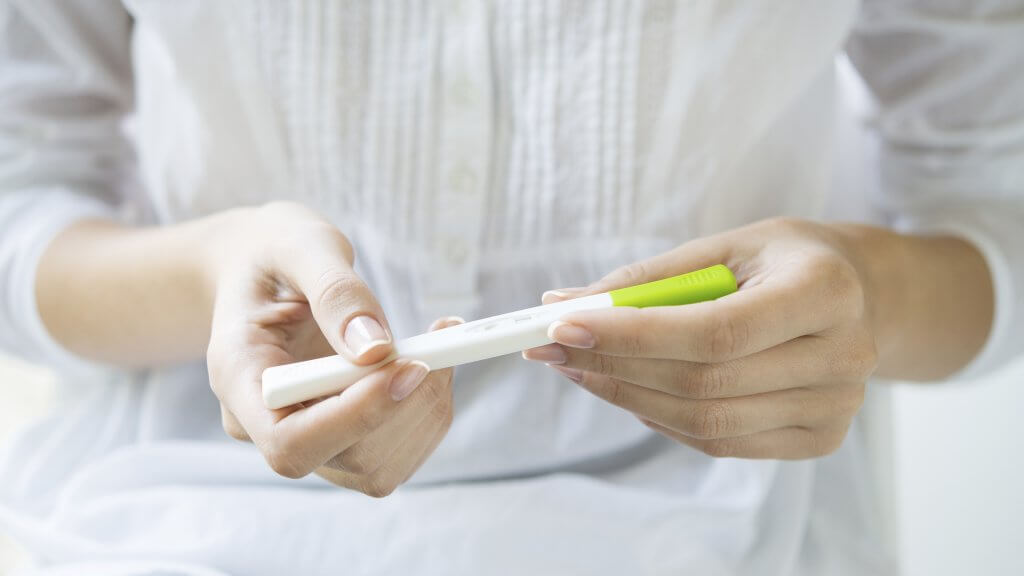


Diabetes does have a negative effect on your fertility, with the rates of Type II diabetes rising every year more and more infertility specialists are looking toward this health issue as the main cause of some otherwise unexplained infertility cases they see.

Unfortunately, diabetes status prevents the embryo from implanting in the uterus, causing a miscarriage before a woman even realizes she is pregnant.” In this case, the diabetes isn’t preventing conception, but it prevents an ongoing pregnancy.
In addition to keeping an embryo from implanting, glucose levels that are too high can also affect hormone levels throughout the body including the all-important estrogen, progesterone and testosterone levels needed for a pregnancy to occur. That is why glucose control is so vital to your fertility. Even when implantation does occur, there are other risks to consider, including:
Men too can experience infertility issues due to high glucose levels. Scientists have found that sperm from diabetic men has greater levels of DNA damage than sperm from men who do not have the disease. They warn that such DNA damage might affect a man’s fertility.
A diabetic man who does not control his glucose levels has less of a chance of impregnating his partner and when he does the risk of miscarriage and deformities are much higher.
Sperm DNA quality is known to be associated with decreased embryo quality, low embryo implantation rates, higher miscarriage rates, and some serious childhood diseases, in particular, some childhood cancers.
While it is important to understand the risks involved in high glucose levels and fertility, it is also important to understand that simply controlling your glucose levels, and getting (and keeping them) at a more normal level will reduce these risks and offer the opportunity for a safe pregnancy resulting in a healthy baby. The key to success, of course, is working with your endocrinologist and obstetrician to ensure that your glucose levels remain stable months before trying to conceive as well as during a pregnancy. With a good plan and dedication to eating right and staying healthy, your chances of giving birth are very high, despite a diabetes diagnosis.